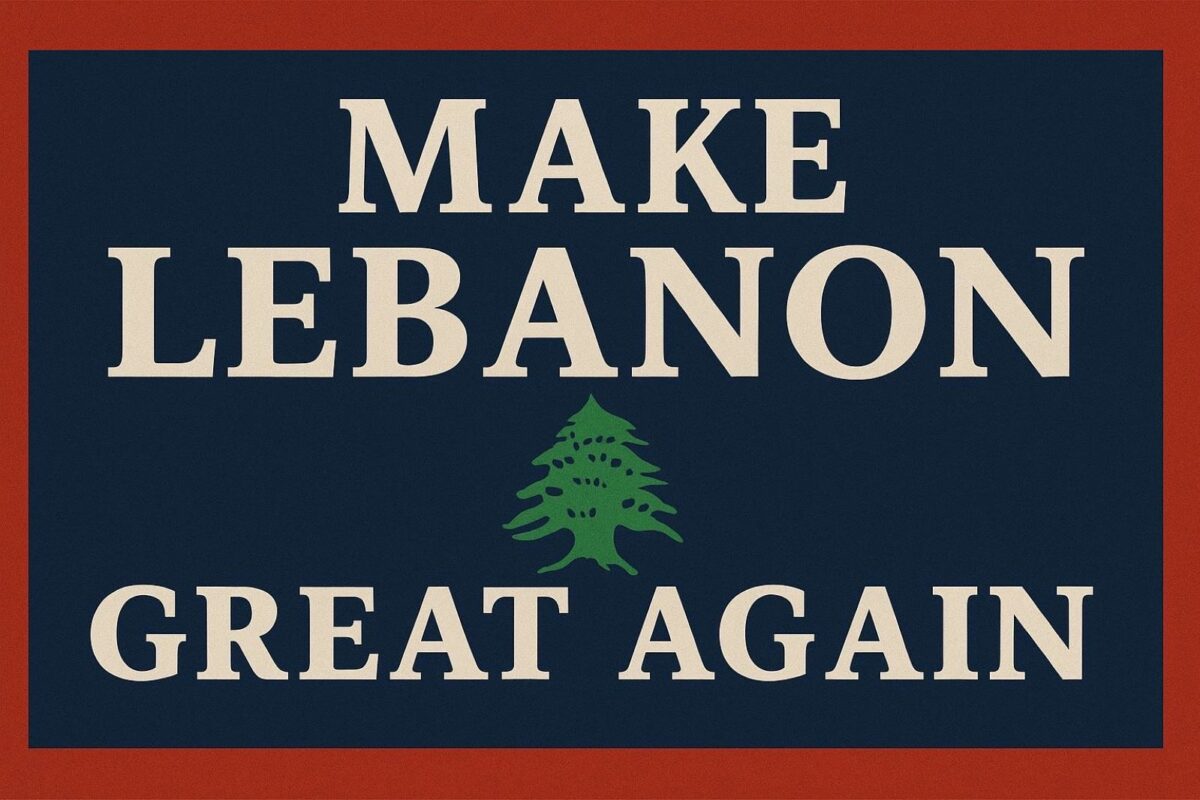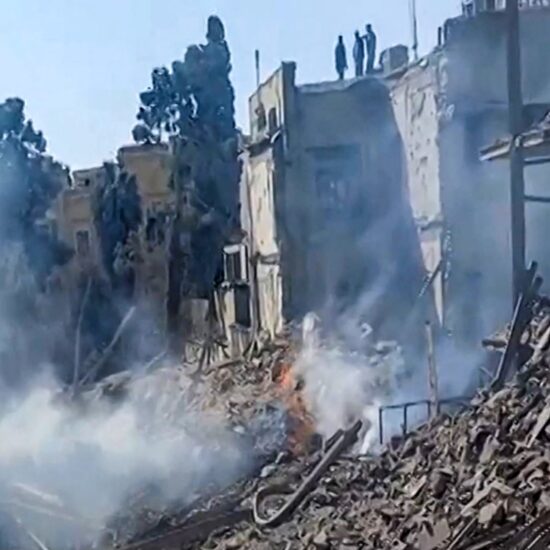
A vision for renewal in a new regional reality
“Make Lebanon Great Again” – a slogan coined by my friend Said Francis – is more than just a phrase. It must become our national direction: a shared goal that unites political, economic, and social efforts toward a viable future for Lebanon.
This phrase captures both nostalgia for Lebanon’s golden era and ambition for its future. In light of rapid and transformative regional developments – particularly the recent visit of American President Donald Trump to the Gulf, notably Saudi Arabia – a new regional order is emerging. Whether we call it a “New Middle East” or a new alliance framework, it is evident that the US no longer seeks only military allies in the region, but also strategic, economic, and financial partners that share its long-term vision.
Where does Lebanon stand in all of this – politically, economically, and socially?
Politically: choosing a clear path
Lebanon has reached a point where political indecision is no longer an option. We must agree on a unified direction — one that takes into account the outcome of the recent war, and the global and regional shifts that followed.
We must face a difficult truth: we lost the war, and with that loss came certain obligations — including the commitments we accepted in the post-war arrangements. Understanding this reality is essential if we want to reconnect with the world we once belonged to: the Arab Renaissance, itself part of the broader Western world.
This is not about submission — it is about repositioning Lebanon where it belongs: among open, forward-looking nations with a clear identity and stable institutions.
Economically: redefining Lebanon’s relevance
What once applied no longer holds. Lebanon’s leading role in the 1960s, 1970s, and up to 2005 has faded. Since the economic collapse that began in 2016 and deepened during Michel Aoun’s presidency, coupled with the 2024 regional war, the terrain has shifted.
Lebanon is no longer the sole gateway to the Arab world. The geopolitical shifts in the region, including Syria’s transformation from a closed, socialist economy into a potential hub for investment, make clear that countries like Turkey, Israel, and the Gulf states will play an increasingly dominant role.
With the Abraham Accords now formalized between Israel, the UAE, and Bahrain — on top of longstanding peace agreements with Egypt and Jordan — the door is open for normalization with Syria, Saudi Arabia, and others. Lebanon’s historical advantage as a transit and trade hub is in question. The Port of Beirut is no longer the only route of commerce.
This demands a radical rethink of our economic purpose. We must define a new role, one that leverages Lebanon’s unmatched human capital, global diaspora, and creativity — all of which give us soft power to survive and adapt. Innovation, education, and enterprise must replace nostalgia and obstruction.
Socially: toward a new social contract
As a friend once put it, Lebanon is a world laboratory — 18 religious and ethnic communities coexisting in a single state. But this diversity, once a source of resilience, is becoming a liability under outdated social contracts.
We urgently need a new social contract. One that promotes social mobility, prioritizes the individual citizen, and reduces the grip of crony capitalism, which has weakened the individual and concentrated power in the hands of a few community leaders.
When leadership focuses only on imposing security as a tool of fear — rather than as a foundation for growth — it does so at the expense of economic and social development. In such cases, fear replaces vision, and stagnation becomes inevitable. We must shift this focus. True stability is not built on control alone, but on inclusion, fairness, and opportunity — principles that empower citizens rather than silence them. A society cannot thrive if it is governed by suspicion instead of trust.
Vision 2035: a roadmap for relevance
If Lebanon is to remain relevant in the region, we need a clear Vision 2035 — a blueprint rooted in realism, innovation, and integration as a response to regional shifts and secures Lebanon a place in the Arab world’s future. We cannot afford to isolate ourselves or cling to outdated roles. We must re-enter the Arab Renaissance with a fresh mindset, ready to contribute and compete,
Let us embrace change, not fear it. Let us create opportunity, not wait for rescue. And let us lead — not because of who we once were, but because we still have what it takes to shape a future. It is time to Make Lebanon Great Again — through truth, innovation, and the full force of our people.
Farid Fakherddin, a Lebanese political activist, advocates economic growth and citizen welfare.
The views in this story reflect those of the author alone and do not necessarily reflect the beliefs of NOW







